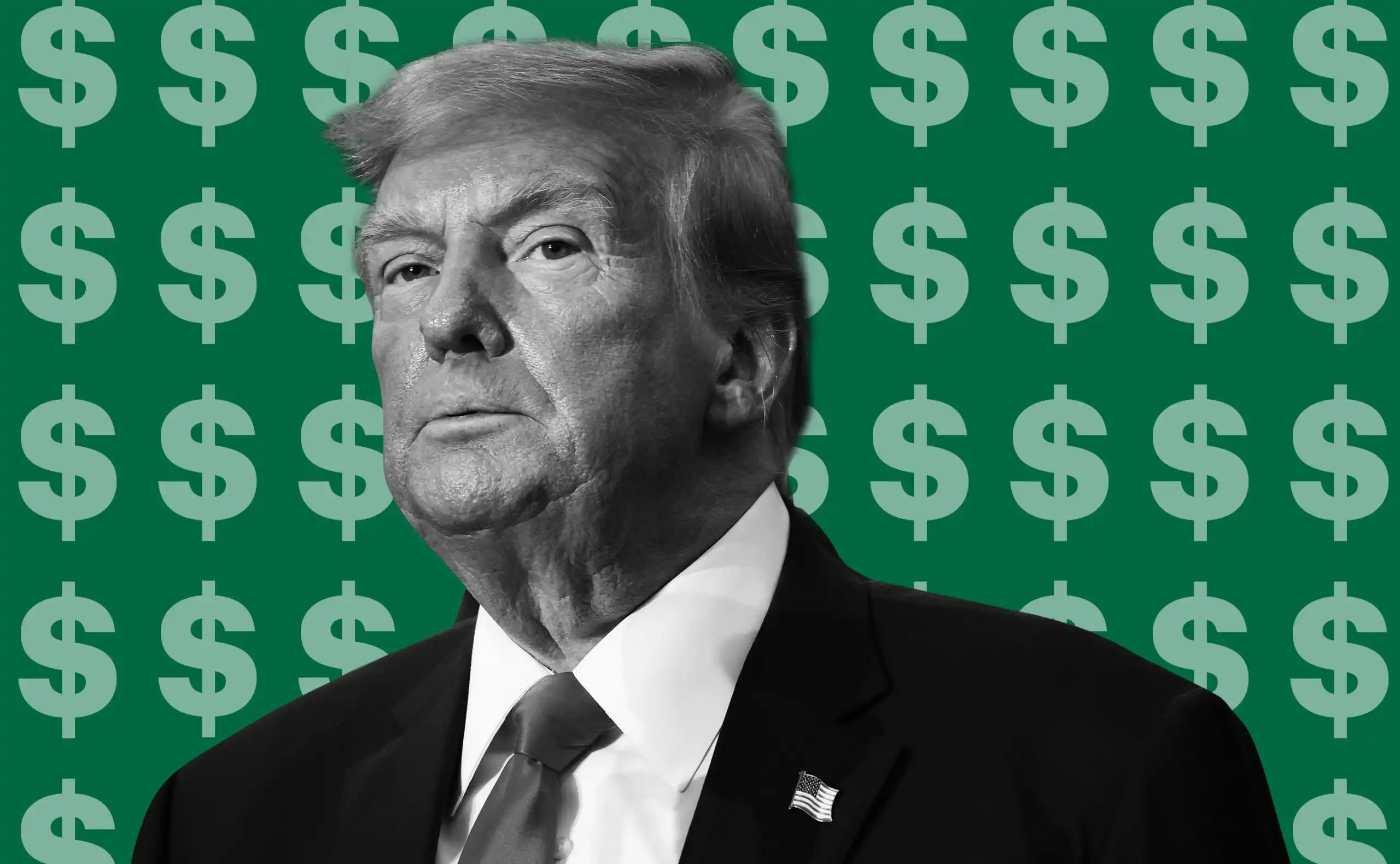A U.S. federal appeals court has delivered a historic blow to President Donald Trump, ruling that most of his global tariffs are illegal and beyond his authority
A U.S. federal appeals court has ruled that most of President Donald Trump's global tariffs are illegal, potentially reshaping U.S. trade policy according to BBC News. In a 7-4 decision, the U.S. Court of Appeals for the Federal Circuit rejected the administration's justification under the International Emergency Economic Powers Act (IEEPA), stating that the imposition of tariffs is a power reserved for Congress, not the executive branch.
The Court's Decision
The court specifically addressed Trump’s so-called "reciprocal" tariffs, including levies on China, Mexico, and Canada. It rejected the administration's argument that IEEPA gave the president unilateral authority, noting that the power to impose tariffs remains a core congressional responsibility according to Reuters. As the court stated, IEEPA “neither mentions tariffs nor contains procedural safeguards to limit presidential power in this area.”

Trump displays one of his tariff orders, a symbol of his aggressive trade strategy now challenged by the courts.
Implications for U.S. Trade Policy
This decision has significant implications for U.S. trade policy and the balance of powers between the executive and legislative branches. If upheld, it could limit the president's ability to unilaterally impose tariffs, potentially leading to a reevaluation of existing trade agreements and strategies. The administration has expressed concerns that invalidating these tariffs could weaken the United States economically and strategically.
The Courts Next Steps
The ruling will take effect on October 14, 2025, unless the Supreme Court intervenes. The administration has the option to appeal to the Supreme Court, which has previously shown a willingness to address significant executive authority issues. The outcome of any potential appeal could have lasting effects on the scope of presidential powers concerning trade and economic policy.
What Will Trump Do Next?
With the appellate court’s ruling set to take effect on October 14, 2025, President Trump faces several strategic choices. He can appeal the decision to the Supreme Court, where the outcome could hinge on the justices’ interpretation of the president’s authority under the International Emergency Economic Powers Act (IEEPA) and the “major questions doctrine.” Trump has already criticized the ruling on Truth Social, calling it “highly partisan” and warning that removing the tariffs would be a “total disaster” for the country according to The Economic Times.
If he pursues a Supreme Court appeal, the case could become a landmark test of executive power over trade, potentially defining the limits of presidential authority for decades. Alternatively, if the appeal fails or he chooses not to pursue it, the administration may need to work with Congress to craft legally sound tariffs or trade remedies, signaling a major shift from unilateral action to a more collaborative legislative approach.

President Donald Trump’s bonds have made him millions of Dollars since taking office whilst his tariffs have caused rising prices for millions.
People Also Ask: FAQs
What is the International Emergency Economic Powers Act (IEEPA)?
The IEEPA is a U.S. law that grants the president the authority to regulate international commerce during national emergencies. It is often cited as a basis for imposing sanctions or trade restrictions.
How did the court rule on the steel and aluminum tariffs?
The court's decision does not affect tariffs imposed on steel and aluminum, as those were implemented under a different presidential authority.
What are the potential economic consequences of this ruling?
If the ruling stands, it could lead to the removal of certain tariffs, potentially impacting industries that have benefited from them. Conversely, removing tariffs could also lead to increased competition and lower prices for consumers.
What is the "major questions doctrine"?
The "major questions doctrine" is a legal principle that courts use to determine whether Congress has delegated authority to the executive branch on significant issues. The Supreme Court has applied this doctrine to limit executive power in certain areas, such as environmental regulations and student loan forgiveness.
Final Thoughts
This ruling highlights the dangers of unchecked executive power and underscores how Trump’s aggressive tariff strategy often overstepped legal and economic boundaries. While intended to protect American industries, these tariffs frequently sparked trade tensions, disrupted global supply chains, and raised costs for U.S. consumers. The court’s decision serves as a cautionary reminder that sweeping trade policies imposed without clear congressional authorization can have far-reaching negative consequences for both the economy and international relations.














